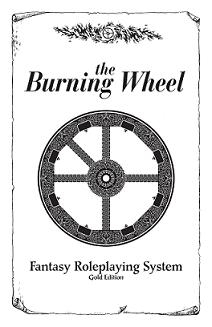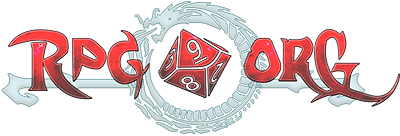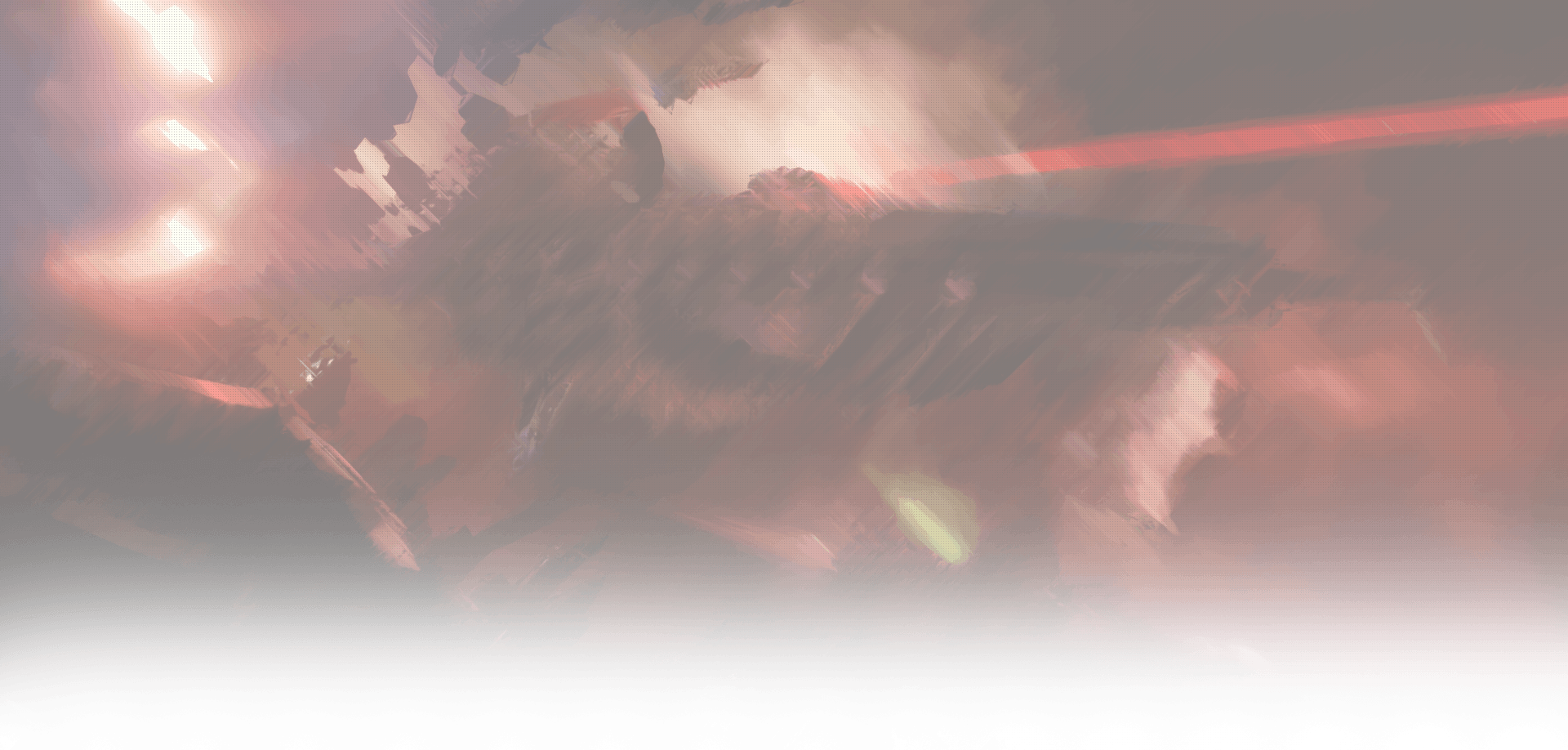
Officially the release should contain the following elements:
"This PDF contains the basic rules of the game, four characters and a starter scenario so you can try the game for yourself."
Sadly, they didn't included what they say, so the download eventually fail in delivering any possibility to try out the system. For starters, they completely left out the promised starter scenario. Well, do you want to try it anyway with an own adventure? Good luck with that, since while you receive a 74 page pdf with rules it's missing key elements, like combat and rules for the elven songs, one of the sample characters possess.
So what we really receive is a 74 page pdf about character abilities and advancement, as well as generic things like checks and difficulties the four characters pre-generated (with conflicting motivations), and an empty character sheet. Well, basically the character sheet will be practically useless to you, if you only own this package.
At this point I may say that this whole package is useless, since it's obviously fails to deliver what it promised. But there is some really interesting stuff there, so I continue along with the review...
As you may guess the real value of the release is in the file about the rules. We get details on the workings of the Burning Wheel system, as well as lots of pages about the different things defining a player character, and how you can advance your character during a game.
A glimpse at the rules
In it's basics the game uses a pool of d6 if you would like to roll an ability or skill check. In normal circumstances you must roll 4+ for a success (anything under that number is a Traitor!), and roll enough success to succeed. The number of successes needed are determined by a fix difficulty or with an opposing check. Of course, there are modifiers, but I don't want to go too deep in the system. Also, you may perform a check carefully, patiently and quickly, (with appropriate modifiers) or all in the same time. In some cases there are open-ended rolls, when all roll of 6 enable you to roll with an additional dice.
The advancement of skills and abilities are experience based, so to increase Carpentry you must use that skill during the game, or train yourself (spending some time outside of adventure) , or mix the two method. For first look, this part of the character advancement seems fast, especially at lower skill levels, but I maybe mistaken. Overall I like the "use-to-develop" idea, but it could cause a lots of bookkeeping.
The characters
In Burning Wheel there are many things which will define a character. I just provide a list first : abilities, skills, beliefs, instincts, traits, and Artha, all with their own game effects and interactions. While this enables to define a character almost perfectly (from how much time he needs to spend on learning basic cooking to how he reacts when he feels danger) this also mean the system is extremely complicated. How much ? Well, above what you find in the pdf the full rulebook contain a 176-page chapter on character generation (including some background information too), not counting an additional 50+ pages on skills, and 47 pages of traits. So while the game itself has many interesting ideas, I wouldn't try it thanks to it's sheer complexity.
So what do I like ?
Beliefs, instincts and traits are nicely represent a character personality, and the game rewards the player if he acts accordingly. This is a good thing, and it's a pity that it's over-complicated execution make it less likely to be used by many players. Beliefs are the prime motivations for the character, instincts are what he automatically do in some circumstances (draw a sword if he feels danger, sing if annoyed etc.) and traits are custom personal quirks for a character (be him a physically scarred or a talented orator). From the three thing traits are the only with direct mechanical effects (=like rerolls, additional or decreased dice in the pool). This aspects could be changed by role-playing and specific campaign elements.
There are also some mechanics are feel strange : new traits and other character advancement gained by player voting, or the already mentioned Artha, which is the closest thing to general experience in the system, but in turn it's divided into three different pools with different uses.
In the end I don't want to score this release. It has some shining points, many things missing, and many things which are overcomplicated. The game also features an extreme amount of bookkeeping, like experience for all skills, Artha, uses of not-yet-gained skills etc.
It's an interesting read, and could be seen as an extensive preview but as a supposed beginner experience it's uselessin it's form. I hope they fill in the gaps soon.
Zoltán "Cain" Mészáros


